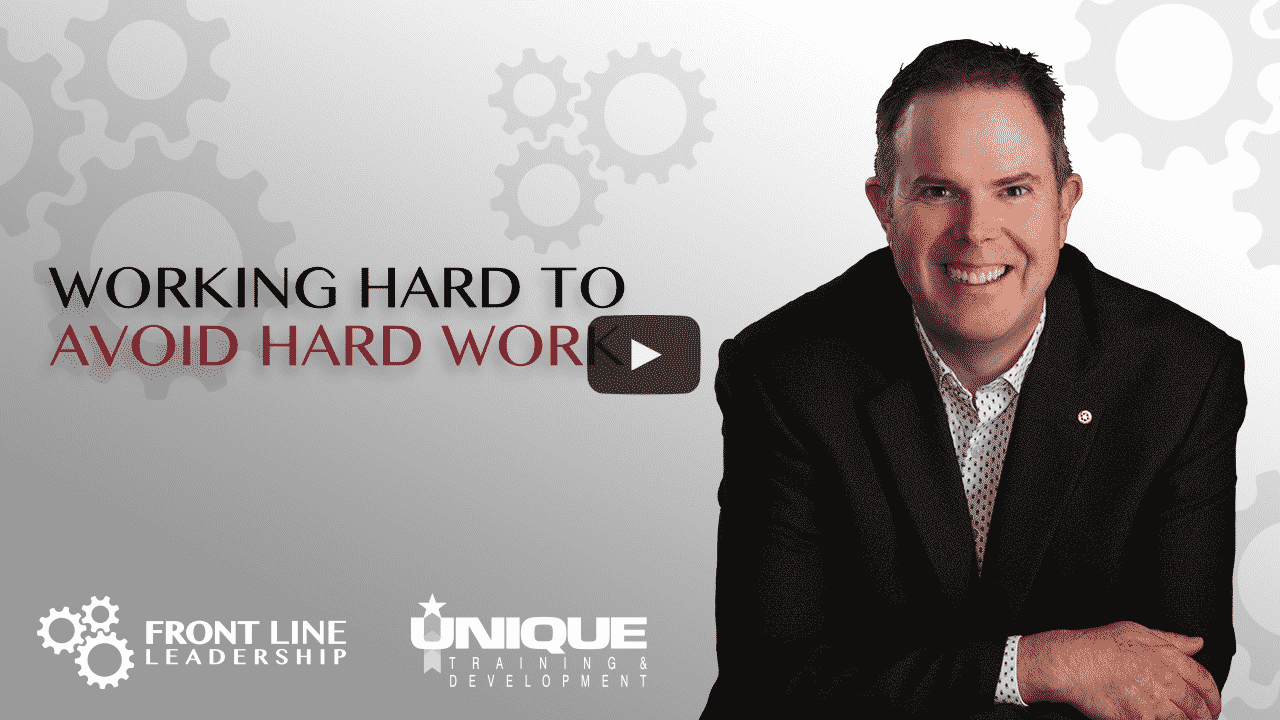Working Hard to Avoid Hard Work
Hi ~Contact.FirstName~,
Do some of your workers work hard at not working than simply doing the work that you've assigned?
You may have seen this in your working career, where someone makes a significant effort to only do the bare minimum. The following three examples might be hard to believe, but they're actually true.
In one case, an employee would show up for work, punch in, leave, come back, and punch out. He got away with that for 10 years, and essentially got paid for not working for 10 years.
Another employee got on the payroll of his company, but never showed up for work for 25 years. The only reason he got caught was when his application for pension was declined. He actually raised a fuss and ended up getting his pension because they figured it wasn't his fault that nobody kept track of him over the years.
One more real example was an employee of client who would walk around the production floor always holding a piece of industrial hose. The engineering manager asked him, "I notice that you walk around the plant holding this piece of hose. What is your job?" The guy finally broke down and admitted that all he really did was wander the plant holding this piece of hose looking like he had a job when, really, he didn't have any responsibilities.
You don’t want that happening under your leadership.
So, what should a leader do with an employee who is consistently trying to avoid work?
First of all, set clear expectations. Make sure they know how much work is expected to be completed and in what timeframe.
Second, pay attention. Notice whether the work is being completed at the pace you expect.
Third, provide feedback and consequences. You need to be willing to have conversations with your employees. Many people will push the boundaries to see what they can get away with. But your job, as a leader, is to notice things, have conversations, give feedback and consequences, and teach them that they can't get away with doing the bare minimum.
Lastly, and most important, is, after you see a change in behavior, make sure you acknowledge it with positive feedback and praise. Above all, be seen as fair and consistent with your team.
What’s something you do to ensure your team puts in the expected level of effort to produce results? Share your comments here.
Watch the full video here.

Share on:



|